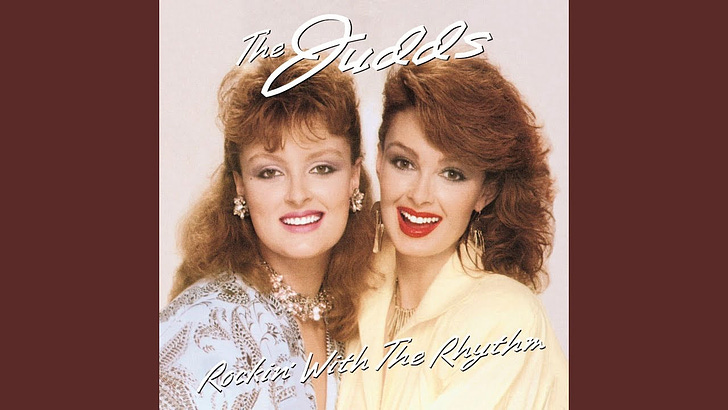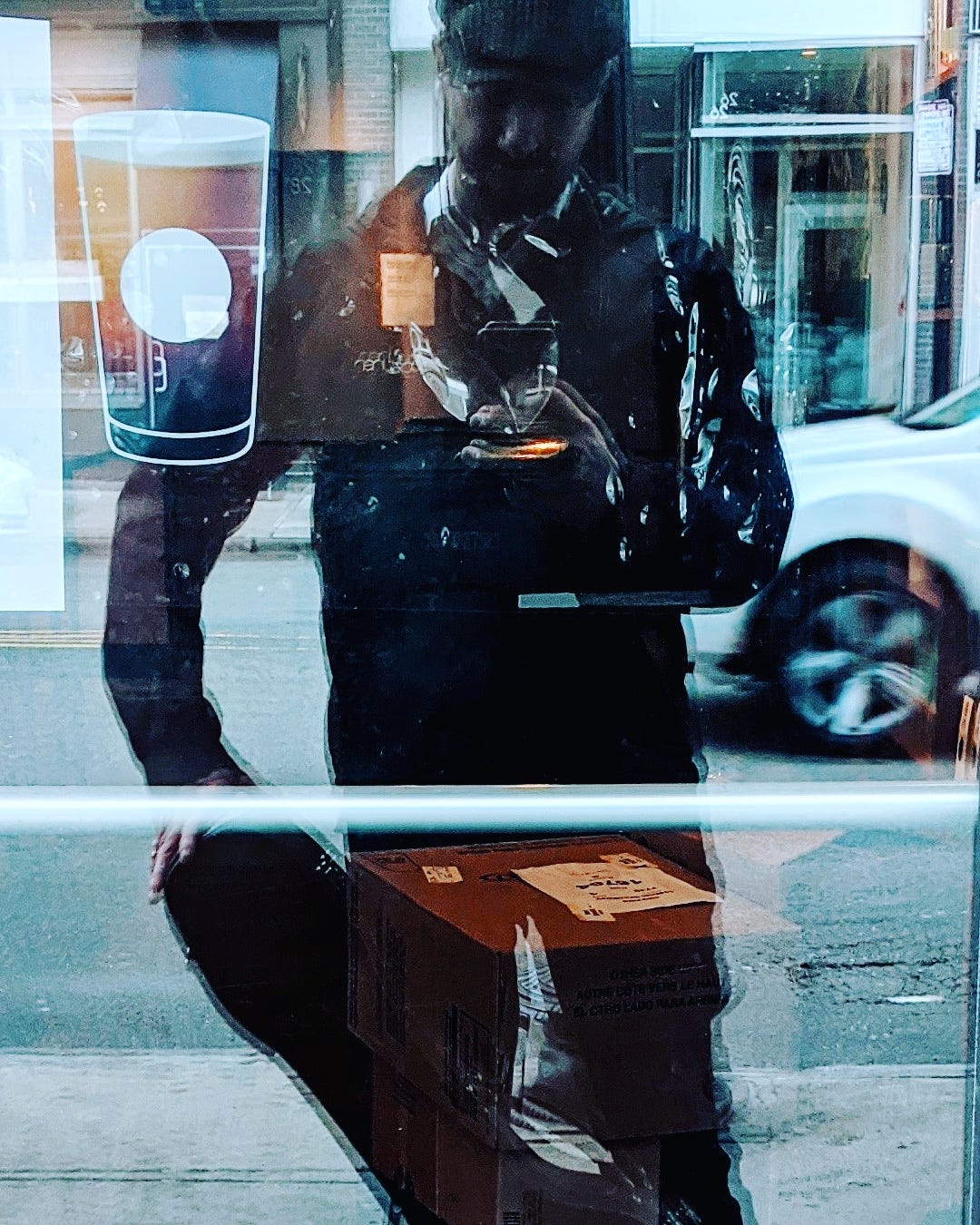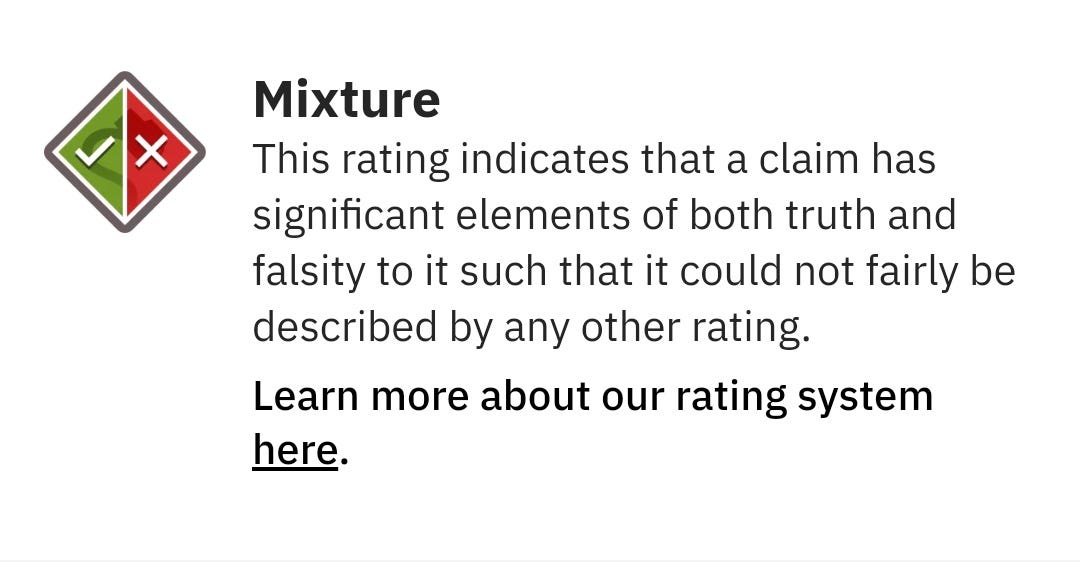Early on in the plandemic panic (plan-ic?) there was a rush on toilet paper. As a hardware store, we don't emphasize paper products for many reasons—probably the biggest of which is that it takes up valuable shelf space. And in our smallish Southie location shelf space was at a premium.
So Sunday would be the apex of the toilet paper mass projection.
No one really understood what was going on. Most people watching the news were being told one thing, watching one channel you're being told another thing; different newspapers have different stories; it was confusion at the highest level of mass control. Order from chaos on a global scale. So what would you expect from the public… except that they would stockpile paper to wipe their asses with.
Which reminds me of a story.
Around this time the so-called “Preppers” were all having a hearty laugh. As people were being locked into their home by the government, preppers were hanging in their bunkers.
I knew a prepper once.
My first wife came from a rough and tumble Topeka, Kansas clique. Her father was named Randy. Randy is a prepper, and this was around the time of the turn of the Millennium. At that time, there was a wild-eyed theory that all the computers on Earth were going to malfunction at the year 2000. Due to some coding error, the computers couldn’t flip to the year 2000, and it would cause all this mass disruption. The world would plunge into chaos. Many people took action and prepared.
For example, Randy in fact had a subscription to a magazine called Y2K Weapons. Y2K Weapons describes ways to manufacture weaponry using standard household materials. Such as: a rolling pin cudgel, a mace created from kitchen knives, bow and arrow from a sewing machine, you get the idea. (Yes, this actually exists. I think I still have a copy of this magazine somewhere. I always wonder if the world collapses, who would deliver the latest issue of Y2K Weapons? How would you even print it to begin with?)
But that's not the story.
The story, you see, is when I visited Randy (for the first time) in rural Oklahoma. Randy had moved his entire family, including his grandpa and his parents, to a town where the sewer system was gravity-powered. So if “Y2K” shut down all plumbing and sewage machines, you could still flush the toilet.
Long story shortened: Randy had stockpiled bicycles, diesel engines, diesel fuel, gigantic vats of rice, and other things.
"David, would you like to see something?” He asked me one sweltering Saturday on the Oklahoma prairie, “you can't tell anyone about it, or I'll have to kill you,” he joked.
Seeing as I had no choice in the matter I said sure. Randy then led me across the alley of the rural dirt road by his house, to his parents house. We proceeded to go downstairs to the unfinished basement and we came upon a door. "I'm serious, David,” he said with his hand on the doorknob. “You can't tell anyone about this, it'll be our secret."
The door squeaked open and I was surprised to see about 48 red 55-gallon trash barrels double stacked on either side of this long basement hovel. Each barrel had been marked with a large Sharpie marker: R A N D Y. Motioning me over to the nearest barrel Randy pointed and slowly lifted the lid. I was terrified and was imagining everything from grenades to canned meat to Kalashnikovs. But no, inside each barrel was about 60 or 70 unwrapped single-use rolls of toilet paper.
"In the barter economy,” Randy said. “These are going to be as good as gold."
But that's not the reason people were hoarding toilet paper. As we sold out of our stock and as we kept getting calls about it, desperate fathers and daughters scrambled for the last overly-priced 12-pack of Scots.
I had come to a conclusion: The reason people were buying toilet paper was because so long as they were still wiping their ass it meant that they were alive.
It was starting to dawn on me that these modern city dwellers who had never been confronted with mortality (or morality for that matter) we're suddenly coming face-to-face with death.
So you see: toilet paper was a kind of salvation. Without any belief in an afterlife or any guidance as to what happens after you die, or like most people in this increasingly heathen city, you simply believe nothing happens after you die.
Ergo: toilet paper might as well be scripture.
Addendum: The store is located near a Convent who runs the massive retirement complex across the street. As such, we get a regular batch of nuns. A week or two later we received more toilet paper but this was of the sub-standard variety. A nun entered—it was a Sunday—and I told her that we had gotten some toilet paper back in and I brought it over to her. “Sister,” I said, “we have some toilet paper again,” and I showed her the generic toilet paper box.
"What!?!" she explained rather shockingly and raising her voice:
"You don't have any SCHA-MIN!?!"
It was as if she had seen the devil.
…
In Chapter 5, we explore what sells out the week of March 31st… but I bet you can GUESS!











Aside from Taco Bell offering free tacos on the 31st, and National Burrito Day the following Thursday (which would require a lot more toilet paper, if reports from friends are to be believed), I'm stumped.